A Smart Solution for Cash Flow Problems – Invoice Factoring Explained
Cash flow is the lifeblood of any business, and maintaining a healthy cash flow is essential for sustained success. However, many businesses, especially small and medium-sized enterprises SMEs, often face cash flow challenges due to delayed payments from customers. Invoice factoring is a smart financial solution that can help businesses overcome these cash flow problems. In this article, we’ll explain what invoice factoring is and how it can benefit your business.
What is Invoice Factoring?
Invoice factoring, also known as accounts receivable factoring, is a financial transaction where a business sells its accounts receivable invoices to a third-party financial company, known as a factor, at a discount. In return, the factor provides an immediate cash advance to the business, usually covering a significant percentage of the invoice’s value. The factor then assumes responsibility for collecting the full invoice amount from the customers.
How Invoice Factoring Works:
Submission of Invoices – The business submits its unpaid invoices to the factoring company, detailing the customers and the amounts owed.
Verification and Approval – The factor evaluates the invoices and the creditworthiness of the business’s customers. Approval is often quicker than traditional loan applications.

Cash Advance – Once approved, the factor advances a portion of the invoice value, typically around 80% to 90%. This provides the business with an immediate cash injection.
Collection – The factoring company takes over the responsibility of collecting the full invoice amount from the customers. This includes sending payment reminders and follow-ups.
Final Settlement – When the customer pays the invoice, the factor deducts its fees and remits the remaining amount to the business.
Benefits of Invoice Factoring:
Improved Cash Flow – The immediate cash advance helps businesses bridge the gap between delivering goods or services and receiving payments, ensuring a consistent and healthy cash flow.
Quick Access to Funds – Invoice factoring is a faster solution than traditional loans, making it ideal for businesses that need immediate liquidity.
No Additional Debt – Since factoring is not a loan, it doesn’t add to the business’s debt burden. It is a financing method that uses existing assets invoices to generate funds.
Credit Flexibility – Factoring companies assess the creditworthiness of the business’s customers rather than the business itself. This can be advantageous for businesses with a limited credit history.
Outsourced Collections – Factoring companies handle the often time-consuming task of collecting payments, allowing the business to focus on core operations.
Scalability – Invoice factoring can grow with your business. As your sales and invoices increase, so does your access to factoring services and learn this here now https://setba.net/what-is-invoice-factoring-and-how-invoice-factoring-can-change-your-business.htm.
Considerations and Costs:
While invoice factoring offers numerous benefits, businesses should be aware of the associated costs, which typically include a discount fee, a service fee, and potential interest charges. The total cost will vary depending on the factoring company and the terms of the agreement. It is crucial to carefully review and understand the terms before proceeding with invoice factoring. Invoice factoring is a smart financial solution for businesses facing cash flow problems. It provides quick access to cash, improves liquidity, and streamlines the collections process. By leveraging invoice factoring, businesses can ensure they have the funds needed to seize growth opportunities and navigate through challenging financial times, all without taking on additional debt. If managed wisely, invoice factoring can be a valuable tool in the financial toolkit of businesses seeking sustainable success.
